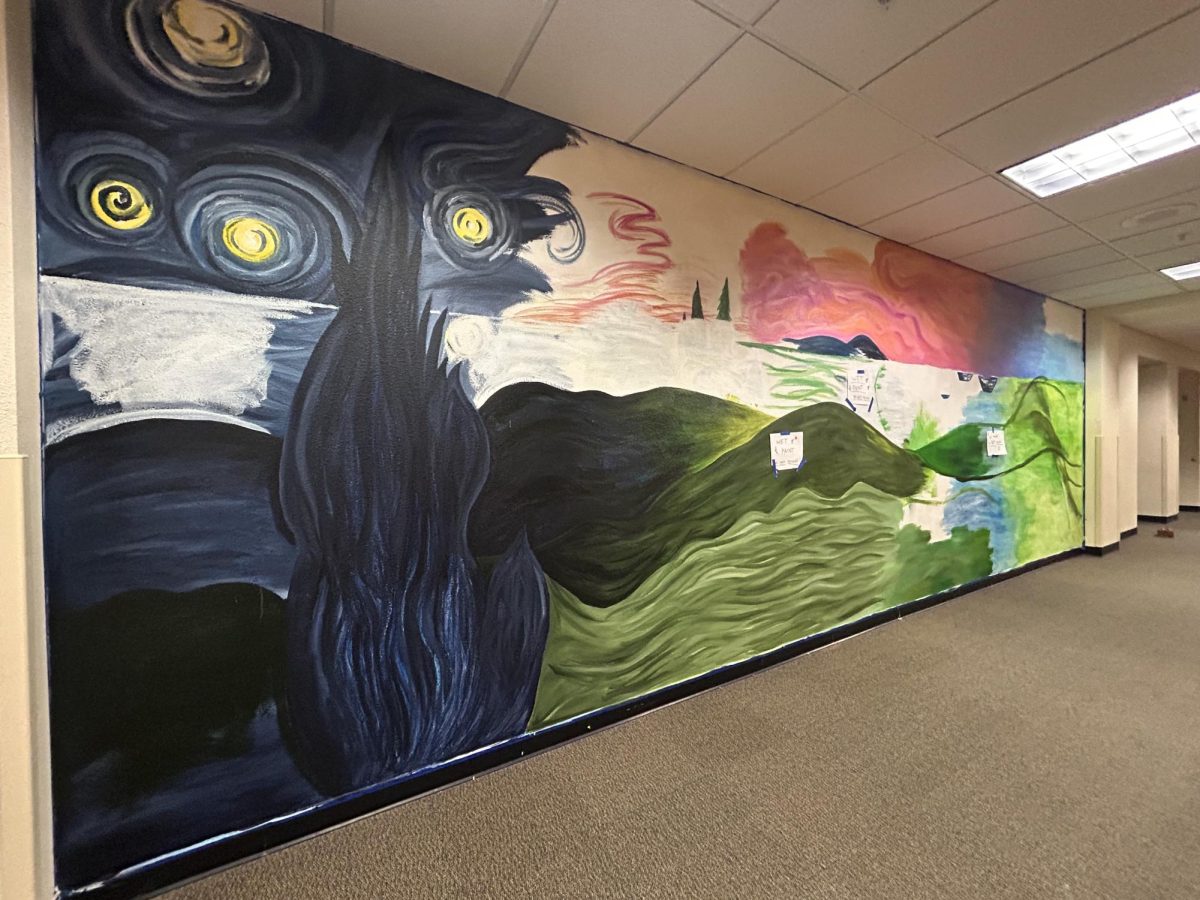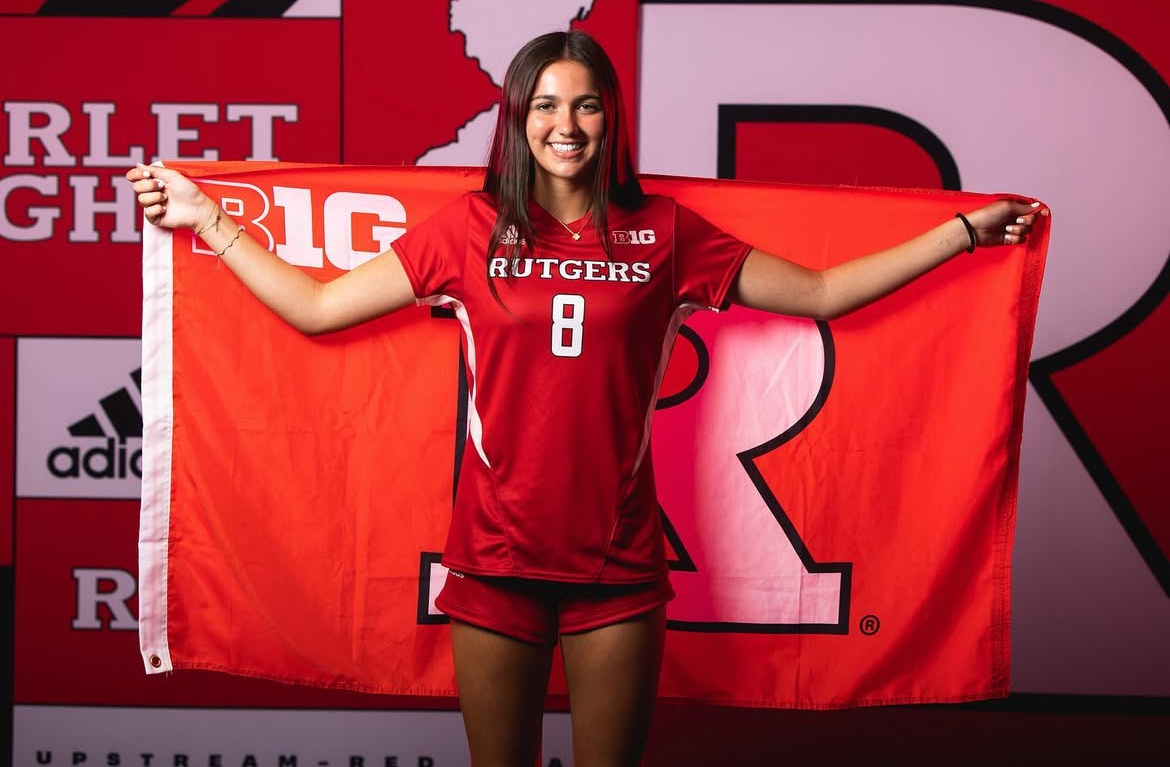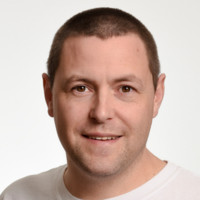Happy Women’s History Month! Every year, we spend March honoring women who have disregarded the degrading societal standards placed upon them and instead rose up to make change in our society. Women’s History Month is also a time to recognize and empower young women with big aspirations and to remind them that they are capable of greatness. There are countless women in history and in our community who are regularly overlooked when it comes to their accomplishments. This especially happens to women in STEM (Science, Technology, Engineering and Mathematics).
LOHS is home to a top tier science department that offers a large variety of advanced and beginner courses for science and non-science minded students. Many of the teachers in the science hallway are women who have paved their own trails in science and decided to use their knowledge to help encourage other young women and students to pursue careers in science.
Susan Wentzien teaches Biology and AP Biology at LOHS and works in a research lab at OHSU studying an eye disease called Glaucoma outside of her school hours. Wentzien said that her and her coworkers used rodents to simulate the same symptoms of glaucoma that humans get in order to learn more about the condition. “We would do an analysis of that, so we’d look at proteins that get expressed differently in the eye and the actual physical changes that happen in the eye due to Glaucoma,” explained Wentzien.
“When I was doing my research, I actually was part of a paper that was published that showed that a certain structure in mice, it’s called the lamina cribrosa, is the same as humans. And so it was one of the things that helped validate our animal model, that we were able to show that the mice had similar structures to humans,” Wentzien stated, detailing one of her proudest STEM moments and adding another name to the list of female scientists who have made new discoveries.
Rachel Popp is another science teacher at LOHS who teaches Geoscience, Physics, and a brand new–as of this year–farm class. Popp is part of a generation that helped young women take their space in the world of environmental science and physics. “I’ve been at Lake Oswego High School for five years but I’ve been teaching science for nine years now,” explained Popp.
A New York native, Popp received her undergraduate degree in earth science and geology from SUNY Brockport, located in her home state of New York, and her masters in teaching at USC. “I feel like already we are seeing such an increase in women in STEM fields and if you look at some of the demographics of colleges in the country, there are a lot more women doing science degrees now then there were even 15 or 20 years ago. I really think we are already living in a progress driven world,” said Popp.
Although we have many incredible women at LOHS, the Portland Metro area is also home to some amazing local female scientists who deserve more recognition. Doctor Lisa Farkouh is a board certified maternal-fetal medicine physician and surgeon specializing in high risk pregnancies at Women’s Healthcare Associates in Portland. Dr. Farkouh attended a six year program in New York that allowed her to graduate college in two years before moving onto four more years of medical school. “I think there were times where I felt like I had to be twice as aggressive or twice as resolute in what I wanted when working in a predominantly male field,” said Farkouh.
Despite the struggles she faced as a woman in a “man’s profession,” Farkouh is now a leading international expert on Delayed Interval Delivery, a procedure in which a patient pregnant with twins suffers a complication where one of the babies needs to be born while the other stay in to grow. “I felt like there were times when I was looked upon, especially because I was young when I began practicing, as a ‘little girl’ instead of a licensed, practicing, female physician, and it kind of stirred some doubt in myself as to whether I could withstand that pressure.” Farkouh encouraged any women with an interest in medicine to pursue the career regardless of what others may say about it.
“One of the things I really enjoy at this point in my career is mentoring young female physicians, I participate in a program where I serve as a mentor to female students who would like to be doctors and I open my office doors to any young women who would like to shadow me at my all female high risk OB practice.” She preaches self-confidence and wants women to know that it is important to take their space and not bend to others expectations when pursuing their dreams.
Bahareh Ajami, Ph.D., is an assistant Professor of Molecular Microbiology and Immunology and Behavioral Neuroscience at OHSU where she runs the Ajami Lab. She began her career in Iran before moving around to Australia, Canada, and California where she was a fellow at Stanford University. Amidst her moves across the globe, Ajami earned her bachelor’s degree in chemical engineering, masters degree in molecular biochemistry, Ph.D in experimental medicine, and attended her postdoctoral fellowship. Ajami has made discoveries during her career that have changed the world of science universally.
The brain contains cells called microglia the body contains cells called macrophages. Until 2007, when Ajami published a paper noting her discoveries, it was universally believed that microglia were products of blood cells that travel to the brain and then become macrophages. “Between 2006 and 2007, when I was getting my Ph.D, I discovered that these cells do not come from the blood and that they are actually brain resident cells and do not rely on blood to make themselves.” This discovery was a game changer for scientists across the globe. “It really helps us in medicine to design specific drugs to target specific cells that are important in a disease.”
A mother herself, Ajami wants not only to see more change in the field reading the recognition of women but also the recognition of powerful mothers who pave the way for future generations of women in STEM while also raising a child. “It is a very tough field for being a mother. When I first started at OHSU, I requested for stork parking and they were shocked because prior to me, the department had never had a mother in their employees and they had never had to meet that accommodation.” Ajami serves as a role model for women who hope to have families and pursue their dreams. She shows the world that women can not only do both, but be fantastic at both.
Susan Wentzien, Rachel Popp, Lisa Farkouh, and Bahereh Ajami are all examples of local women persevering in the field of STEM, however, there are countless women across the world who go unrecognized for their discoveries and achievements in the STEM field. If the world begins to take note of the more powerful women like those in our community, the world of STEM could become so much more inclusive. Especially when women are making such important discoveries, we need to be paying them more attention.





